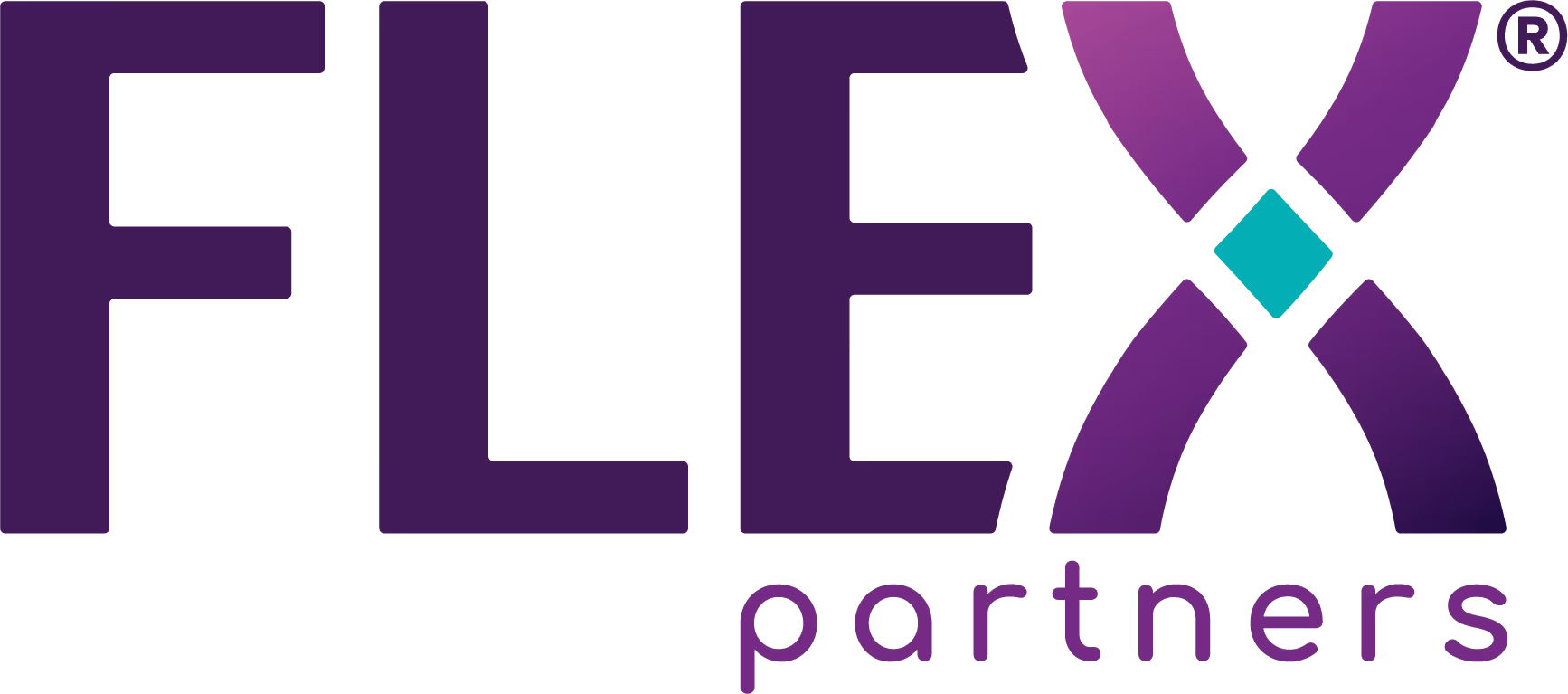
How Workforce Development Managers Drive Growth
Author: Whitney Munro
LinkedIn recently shared the 25 fastest-growing jobs in the United States. Below is the third of a three-part series on what the report tells us, and why employers can’t afford to ignore it.
Employers have a crisis on their hands.
According to LinkedIn, 64% of workers feel overwhelmed by the rapid pace of change in their offices. Feelings of job security are at an all-time low since the pandemic, and nearly half of workers are worried about falling behind.
Those numbers are staggering when you think about it. If you look around your office—physically or virtually—chances are good that someone is quietly struggling right now and probably has been for months.
Their concerns are valid. They're struggling to adapt to flexible work environments, integrate AI into daily work, and manage diverse teams across generations. These workers understand that experience alone won’t cut it in today’s world – and half are actively seeking guidance on how to navigate it all.
Here’s the good news: Today’s workforce is packed with engaged, motivated employees who are eager to keep learning and growing. The bad news? They feel completely alone on this journey.
Only 37% feel that their managers can help them evolve, and just half believe their leadership is helping them keep pace with changes. To make matters worse, when they attempt to take some initiative to educate themselves, one third are unsure what information to trust online.
No wonder the role of workforce development manager has found its way onto LinkedIn’s list of fastest-growing jobs. Organizations are finally acknowledging talent development not as a cost, but as a mission-critical investment for the future.
Workforce development managers focus on growth opportunities, such as leadership training, mentoring, and upskilling, all while aligning individual development with business goals. But let’s be real – not everyone can afford a full-time workforce development manager.
For smaller entities who can’t afford to bring someone in house, there are plenty of consultants who offer ready-made training programs designed to support your team. At FLEX Partners, we’ve helped over 1,000 people work and manage effectively in remote environments, tailoring programs to fit individual work styles and circumstances.
One of the things we’ve learned is that leadership is open to creative solutions – they just don’t have the time to think them up right now. For example, a client of ours was transitioning to fully remote work, and one of their top performers was really struggling.
He simply couldn't work from home – his routines, like washing dishes when he saw them in the sink, distracted him from his job. Instead of letting him go, we suggested renting him a WeWork space, and his productivity soared.
It’s a small accommodation, but the return on investment was enormous for both the employee and the business. Sometimes all it takes is having someone to listen, identify the root cause of the issue, and make the right adjustments. And if that can’t be you, don’t hesitate to outsource it to an expert who can.
Right now, leadership is feeling just as overwhelmed as employees. The pace of change is a lot to keep up with, and much of it is happening in areas where most do not have expertise – even in the c-suite. The best thing you can do for your employees is admit that you don’t have all the answers either, and bring in external experts to help navigate these changes.
And in the meantime, to alleviate employee stress, start by acknowledging their concerns. Show them you’re listening, and that you’re committed to their success and growth. When employees feel supported and inspired, their productivity will follow. It’s a win for everyone.
In many ways, the rise of remote work is forcing us to confront longstanding workforce issues: under communication, lack of mentorship, inadequate managerial training, and employees who feel unsupported. We can no longer rely on informal, face-to-face interactions to mask these problems—and that’s a good thing. By addressing these issues head-on, competitive companies will build more trusting teams and stronger cultures. Those who don’t pay attention risk being left behind.

Ready to FLEX?
When you're ready for strategic support that adapts to your unique needs, FLEX Partners is here to help. Connect with us to explore how we can empower your success.
